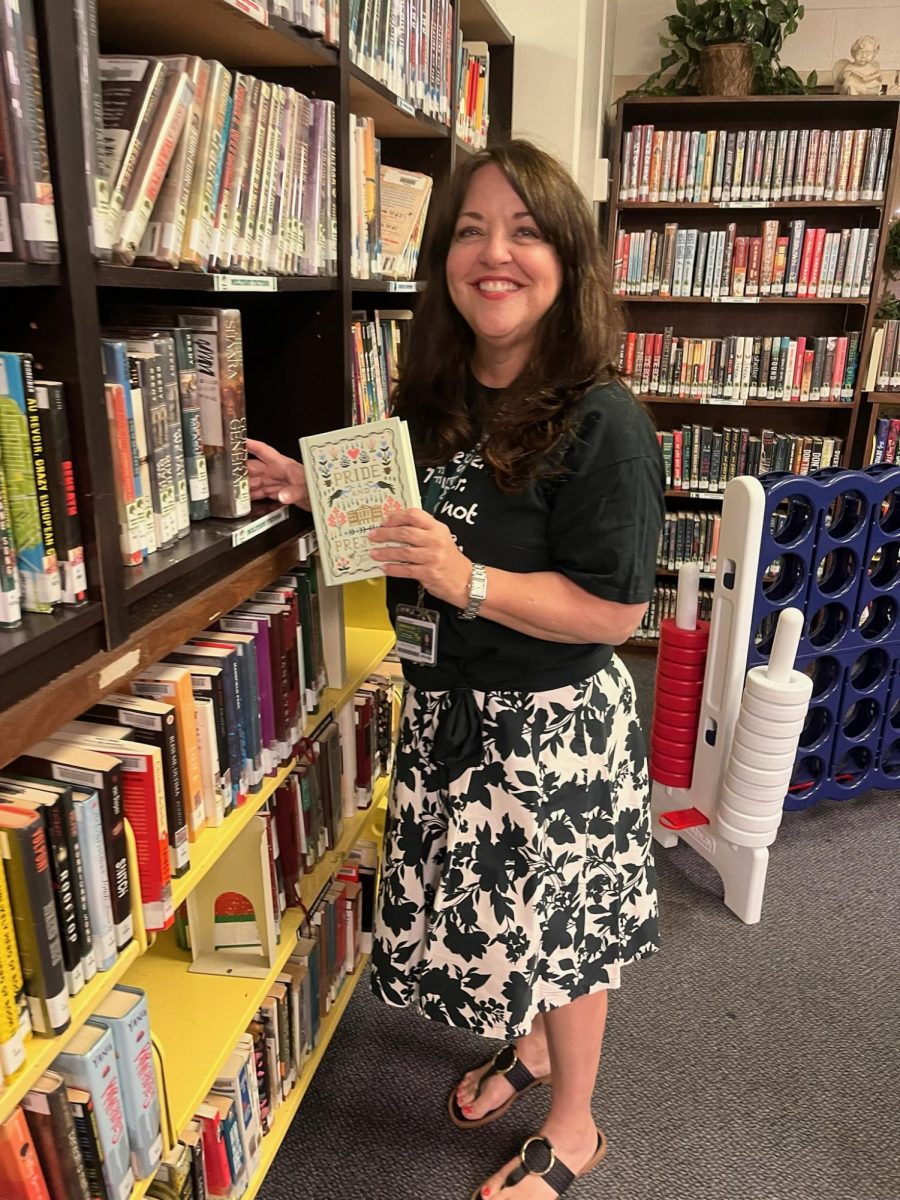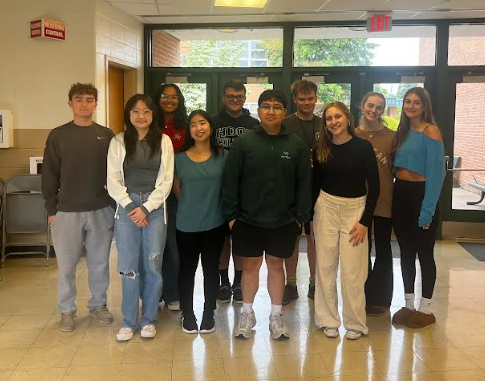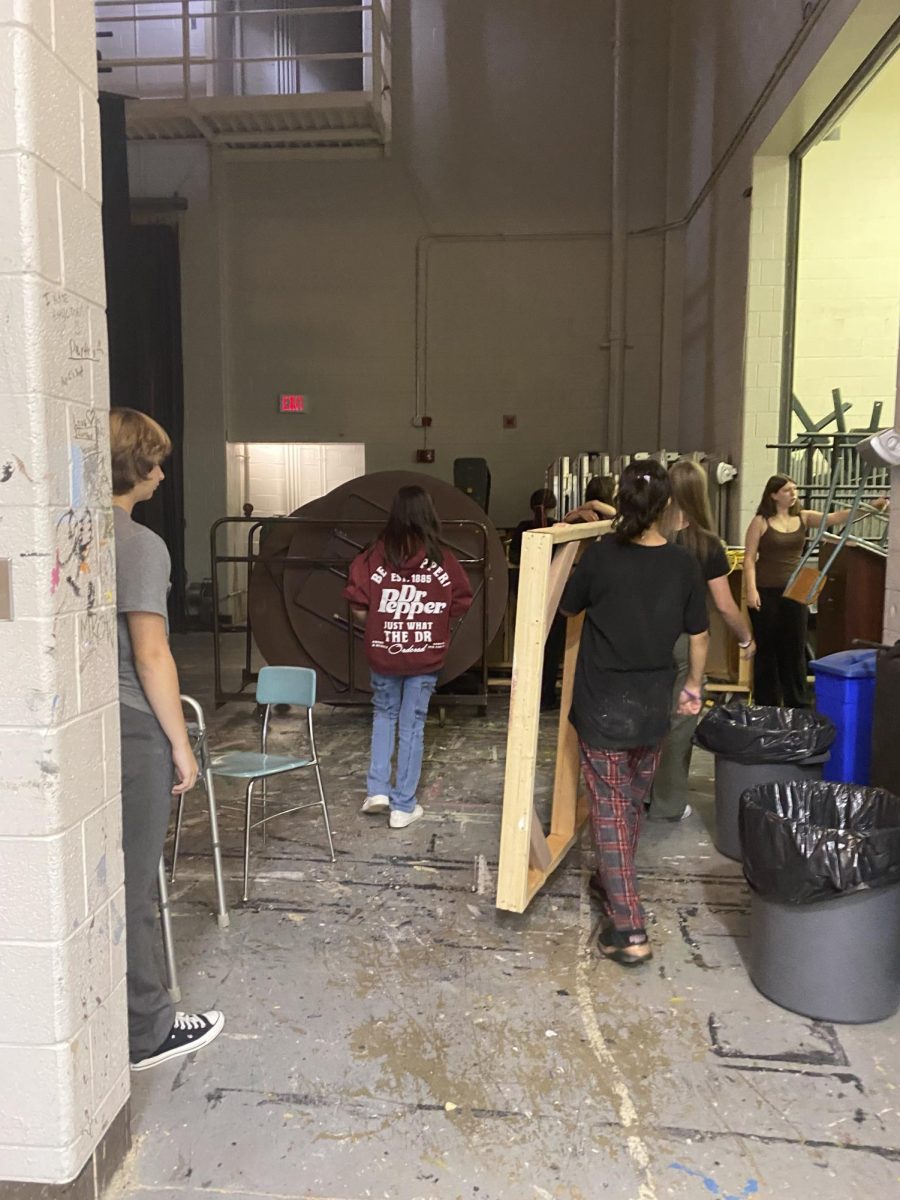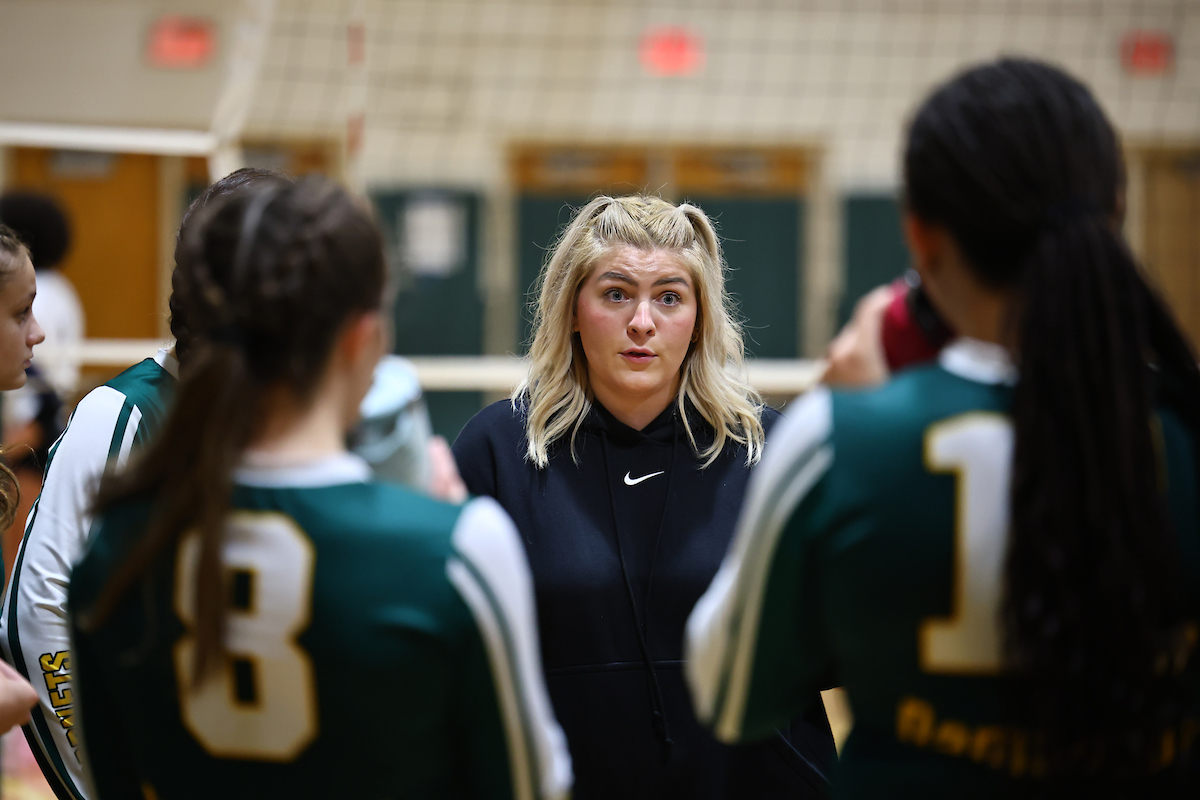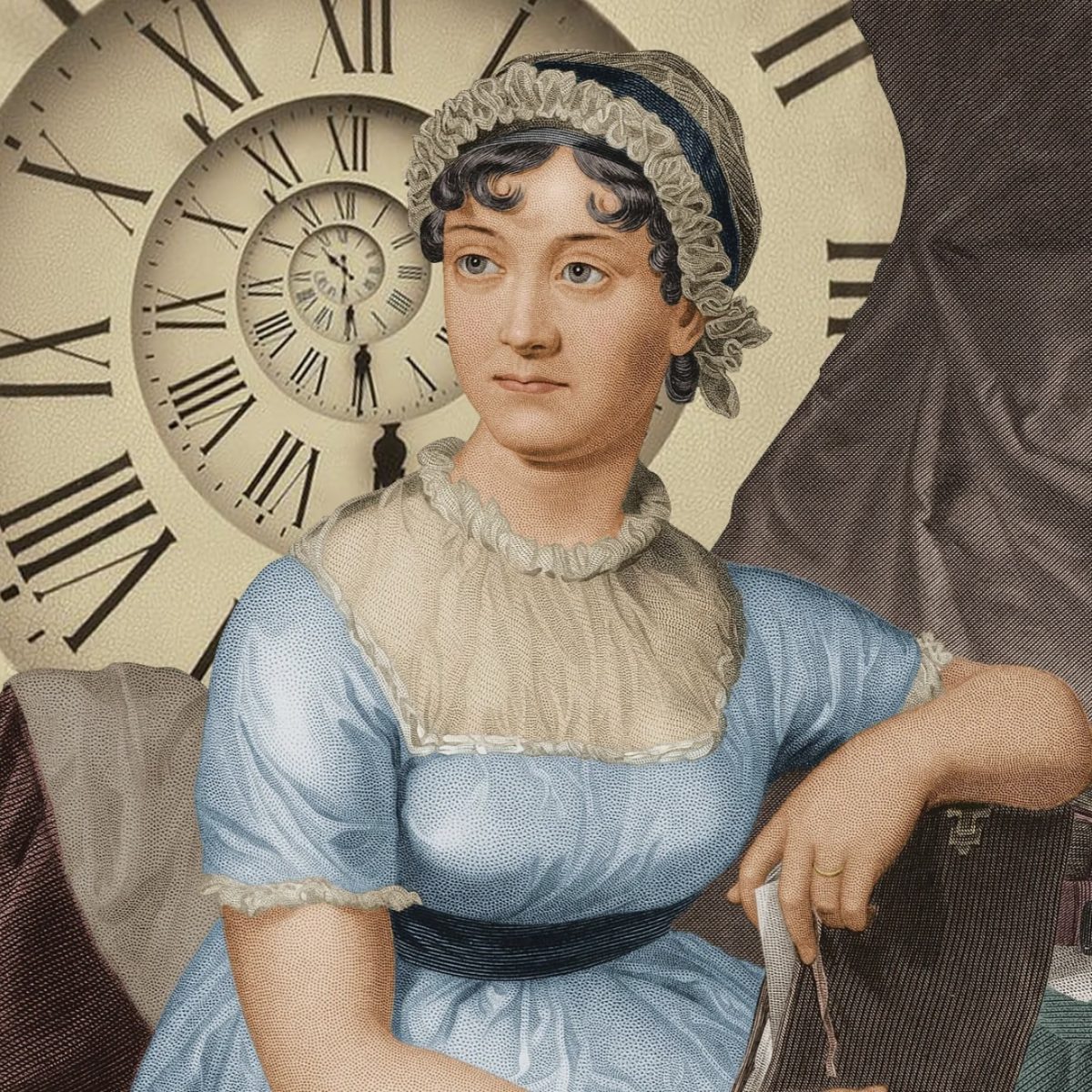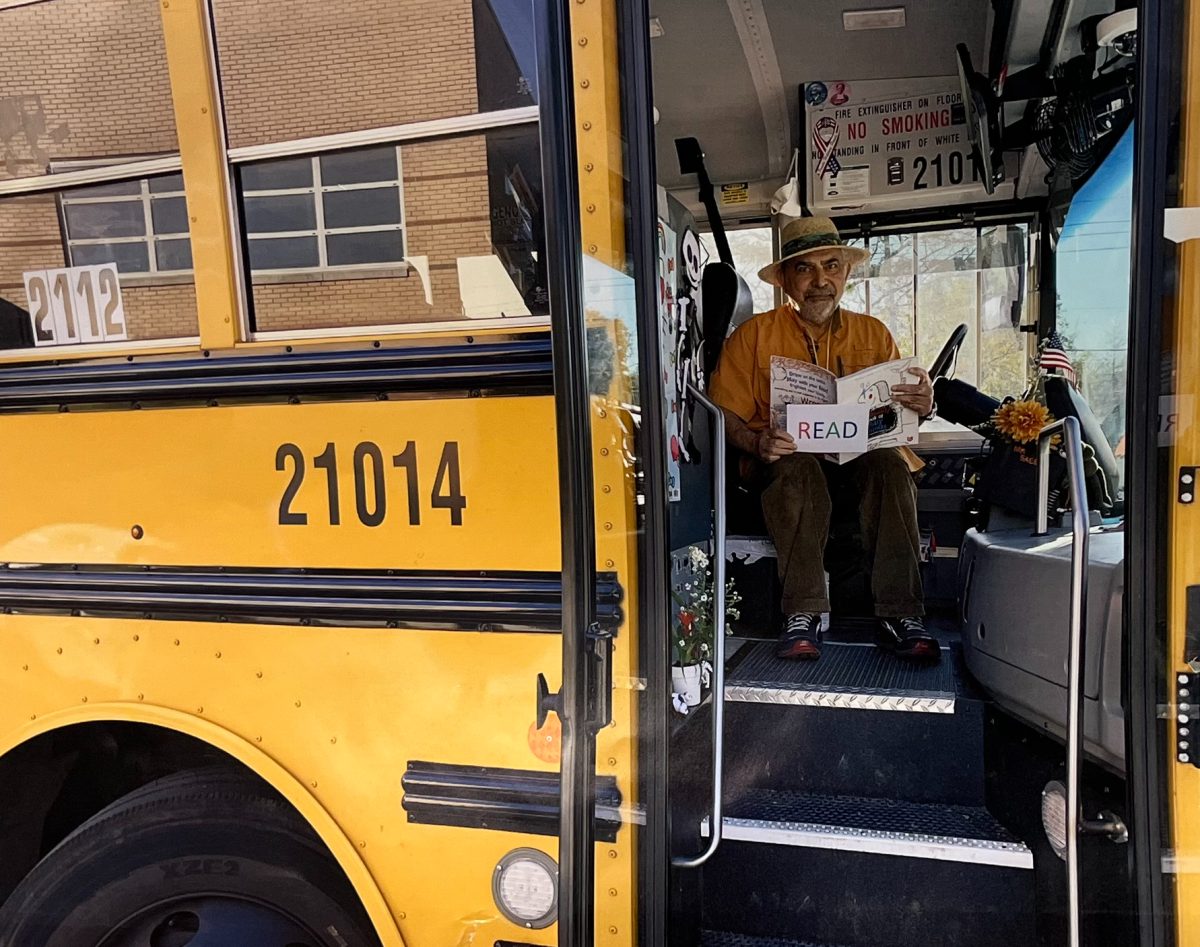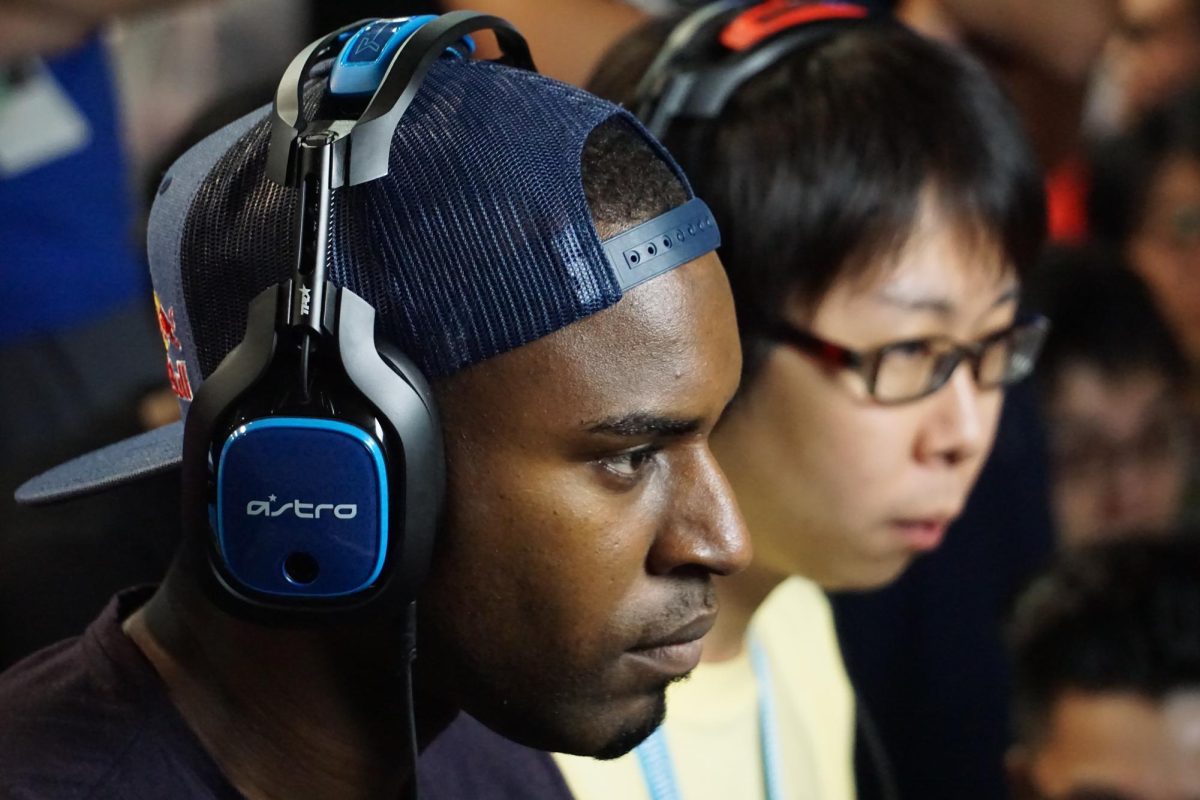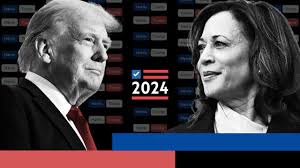Generation Z, born from 1997 to 2012, will comprise a large portion of the electorate this election season. Over 41 million members of Gen Z will be eligible to vote this year, which is 8 million more than in 2022 during the midterm elections.
Three anonymous Damascus seniors were interviewed for this article, and although they may be eligible to vote, these new voters aren’t enthusiastic about voting this year. When asked how he felt about voting this year, one of these seniors said he didn’t know how to feel, because he would be “choosing between bad and bad.” Another senior said she thinks her vote is meaningless because “we don’t live in one of the swing states.” The final senior explained that he felt like his vote “doesn’t matter” because “Montgomery County is already decided.” This extreme voter apathy has been a growing issue in elections for years, as the country grows more politically polarized, pushing the true electoral power into the hands of select “battleground states” which shifts the focus from more safe democratic or republican states.
Even though this will be their first time voting, all three seniors explained that they felt prepared and knew where they should go to vote. However, when asked if they were aware of all the positions up for election and if they knew about the referendums on the ballot, they both explained that they “don’t know what a referendum is.” They also explained that while they both were aware of the presidential candidates, the down-ballot candidates‒those running for the United States Senate and House of Representatives‒were unfamiliar to them.
During this election season, both political parties are focusing on varying issues. After the consequential decision in the Dobbs v. Jackson Supreme Court case, the Democratic Party is focusing largely on reproductive rights while the Republicans are continuing to focus more on immigration with both parties talking about contrasting economic policies. But which issues are Gen Z voters most concerned about? One senior argued that the most important issue for him is the issue of the opioid crisis and healthcare reform. He believes that this is a “glaring issue” and he hopes that whoever wins the election, rather than working to legalize weed, will work to lower prescription drug costs and eliminate the importation of illegal drugs. Another first-time voter believes that the most important issue is abortion. She thinks that there should be federal protections for abortion and that the government should “let the women decide, not the state.” The third senior argued that inflation and global conflict were the most important issues. He believes that we are on the cusp of World War 3 and America’s involvement in global conflicts needs to be minimized and to work on inflation, the government needs to work on capping prices for everyday items. All of the seniors believe that the candidates will be unable to work to fix these issues, arguing that both sides are focusing too much on “sensationalist values” and are “too extreme one way or another” to get anything done. They believe that to get real reform passed, both sides need to “be more nuanced” in their arguments and be willing to compromise.
Also, two seniors believe some issues aren’t being talked about enough. One of them believes that there needs to be a larger focus on the conflict in Israel because, even though it is being talked about, he feels that the candidates aren’t explaining how Israel is “over-defending themselves” against Hamas, and innocent people are getting caught in the crossfire. The other senior argued that there needs to be a larger focus on the education system in America, saying that it is “in a downward spiral.” This issue became more prevalent to her when she learned that in Project 2025, a supposed “blueprint for the next Trump term,” there is talk of eliminating the US Department of Education, which she feels would further exacerbate the issue.
Overall, these first-time voters feel like the state of the US is not great due to the drastic increase in political polarization over the past few years. They believe that the government is too focused on providing foreign aid, and not focused enough on taking care of domestic problems. However, they also believe the country is somewhat heading in the right direction. One of them said we are “taking two steps forward and ten steps back,” arguing that the government doesn’t know what direction they want the country to go in and the citizens are paying for it, while another is saying that, while the government is doing some good, they are also doing so many negative things that the good starts to outweigh the bad. However, all three share the same sentiment that, depending on the outcome of this election, the country could be better off.
After the election, the first-time voters hope both parties can look past their differences and govern responsibly. One of them believes that if we can “accept the outcome and move on,” this will greatly help decrease the amount of political division within our country, and help move us on a path to a more tolerant political environment. All three of the seniors hope that both parties can look past their political differences and perform the job we are electing them to do, which is to “keep the people and the future of the country in their minds” while also improving the quality of life for all people in the United States. To do this, they urge everyone to “monitor the policies implemented to see if they follow through on their promises” and hold politicians accountable no matter what political party they align with.


